Mitski’s “Laurel Hell” Album Expresses the Horrors of Fame
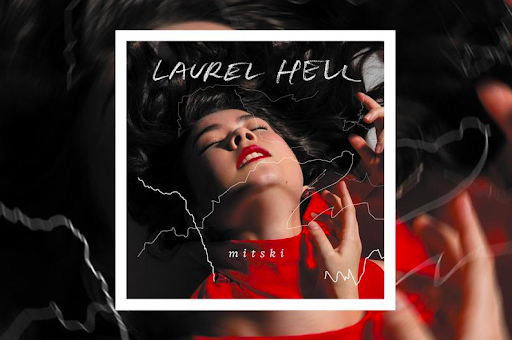
Photo courtesy of Mitski/ Dead Oceans
Mitski, a Japanese- American artist mainly known for her hit songs “Washing Machine Heart” and “Nobody” that were trending on TikTok, released a new album on Feb. 4 called “Laurel Hell”.
Before I listened to the album, I was skeptical. I always thought that Mitski would be another one-hit wonder on TikTok. However, after hearing about her new album and seeing how excited many people were, I started to question if my assumptions were correct. I was, in fact, wrong. This album was beautiful, and what caught my attention the most was the meaning and amount of interpretation behind each song.
First, let’s dive into the meaning of the album name. After looking more into what Mitski produces, I found that she talks a lot about the pressures of fame, living up to people’s expectations and the beauty of fame in general. This explains a lot about the title of the album.
The album is named after the Laurel thickets in the Southern Appalachian Mountains in the U.S. They are normally called “Laurel Hell,” because it’s impossible to pass through them. Mitski explained in her interview on “The Zane Lowe Show” that she finds the idea of being surrounded by the flowers of the bushes while possibly dying within one beautiful.
Taking the album name and the meaning behind it into consideration, it’s time to talk about some of my favorite songs on the album.
“Working for the Knife”
In “Working for the Knife” Mitski talks about how she never achieved her initial dream of being a movie producer. She says in the first verse, “I cry at the start of every movie, I guess cause I wish I was making things too. But I’m working for the knife.” It comes across that she hasn’t achieved these dreams because others pushed her toward singing after they saw the rewards from it. Now she has no control over what she does. Instead, she just has to follow along with others’ demands.
I took this song as someone being obsessed and overconsumed with work and fame. I loved it because I believe many can relate. There are loads of people out there who consume themselves in work and won’t stop until they achieve their goal, which is a great thing, but many don’t see the underlying negative effect that has. “Working for the Knife” expresses this perfectly, in not only the lyrics, but the visual elements in the music video.
Everyone
The track “Everyone” seems to relate more to the name of the album.
In the song, Mitski talks about how she didn’t listen to others when they warned her about the dangers of fame. In the beginning she is welcoming the “darkness,” wanting to experience the highs of it. But in the end she seems to regret doing so in the first place, repeating the line, “I didn’t know what it would take.”
This song was everything. It really fit with the meaning of the album of seeing something so beautiful and tempting and reaching for it despite others’ warning, then realizing that it’s in fact the opposite of what you thought.
Love Me More
This track seems to touch more on the relationship aspect.
In “Love Me More,” it seemed like Mitski was talking about feeding into the need for validation and praise from others. The music video showcases her posing next to portraits until finally she becomes the artwork and is showered in flowers. Right before this, she received a burning newspaper and rummaged through it to see the image of a low battery, as if it was a signal that she needs to recharge her ‘battery’ of validation.
I think it’s self explanatory why I like this one. This is the song that I believe most people can relate to on the album. At some point in time, everyone needs a little bit of validation from others. Though the song covers more of the extreme version, it still pushes the same narrative.
I really loved this album. The songs were beautiful and I really like “Heat Lighting.” However, I didn’t mention “Heat Lighting” before because it, along with other songs on the album, does not fit with the theme of the album.
Going into this knowing the meaning behind the album name, I expected there to be more “two-faced” songs. I expected most, if not all, of the songs to be happy or cool in your face, but then have an underlying dark side. For listeners, they may have gotten that from most or all of the tracks. However, for me, some of the songs just felt like plain but good, sad songs with no complexity, which left me disappointed.
Either way, the album was great. I will definitely listen to it again. I recommend this album to anyone looking for not only a vibe, but something with a deeper meaning.
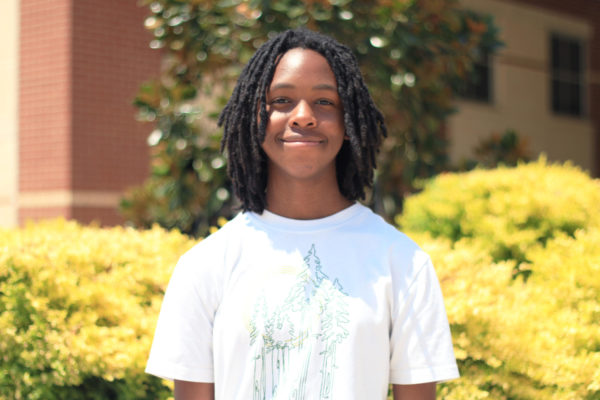
Senior Nyla Smith is the news editor and this is her third year on staff. In her free time, she enjoys knitting and watching movies.



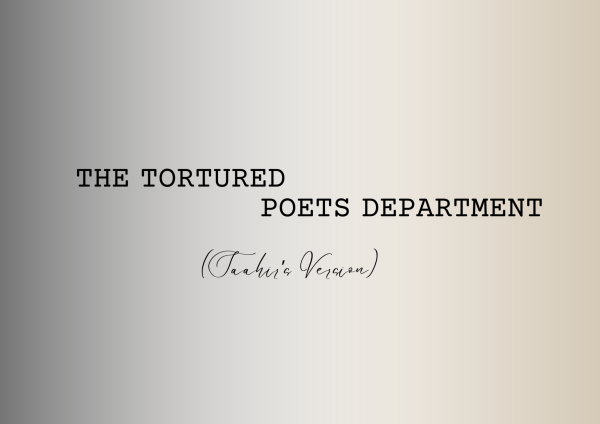
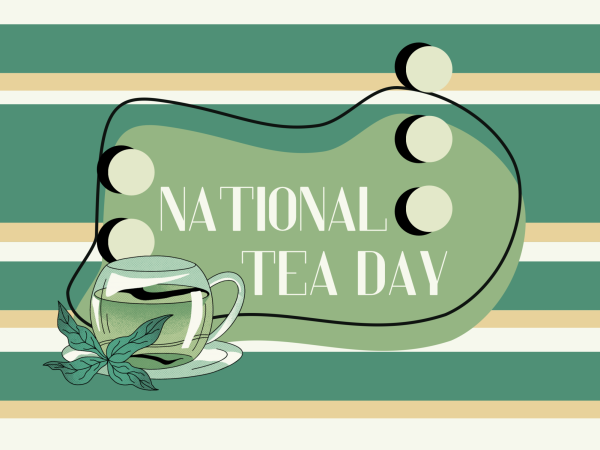

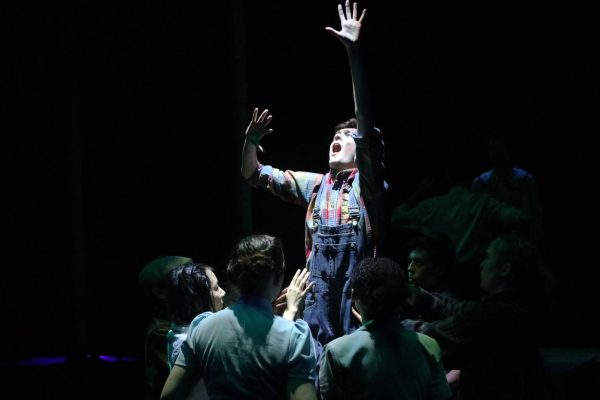
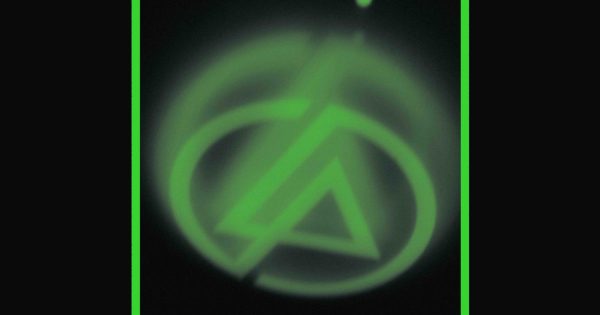
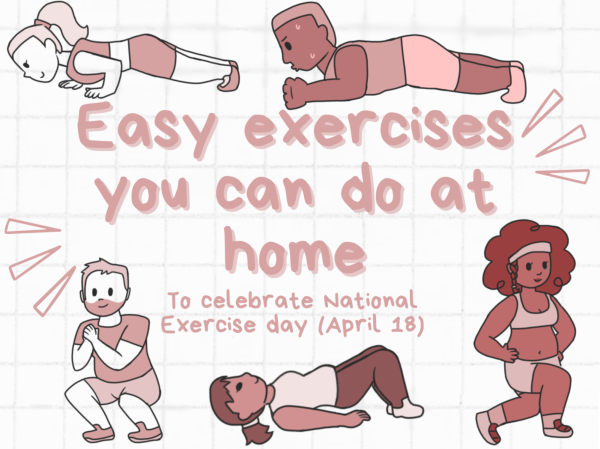

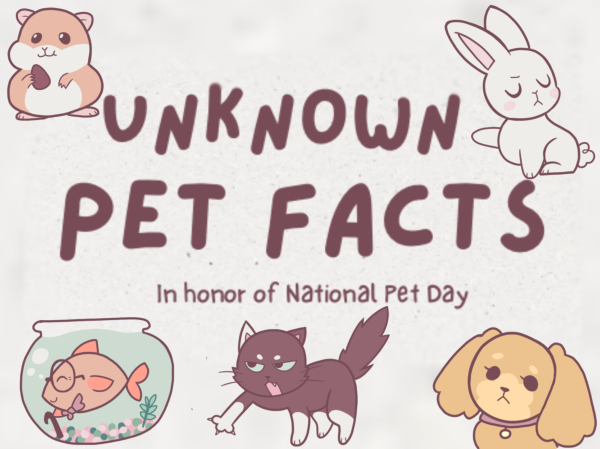
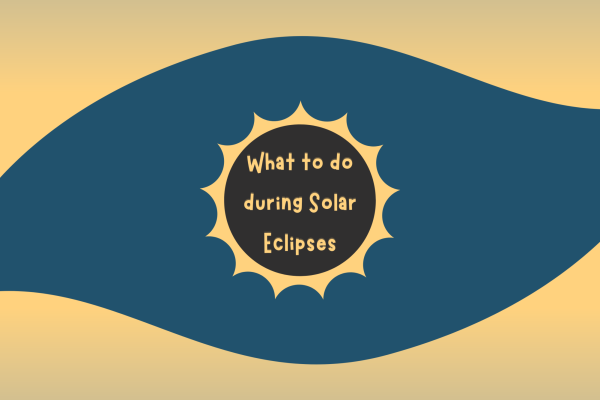

Rachel • Feb 23, 2022 at 2:58 AM
I know this is a high school paper, but omG “one-hit wonder on TikTok” is proving a total lack of research–Mitski’s been around for YEARS paving the way for indie/alternative rock; what more, as an Asian American woman of color. She’s not a new artist by any means and she’s been well-celebrated in mainstream as well as underground circles lmao.
Nyla Smith • Feb 23, 2022 at 12:12 PM
Just wanted to let you know that it wasn’t my intention to make it seem like Mitski is a one hit wonder or a new artist. I am aware that she has been making music for years, but beforehand I had only heard her material on Tik Tok. Afterwards her music never came back up on my radar. Hence me saying that I always thought she was a won hit wonder, but I realized I was wrong.